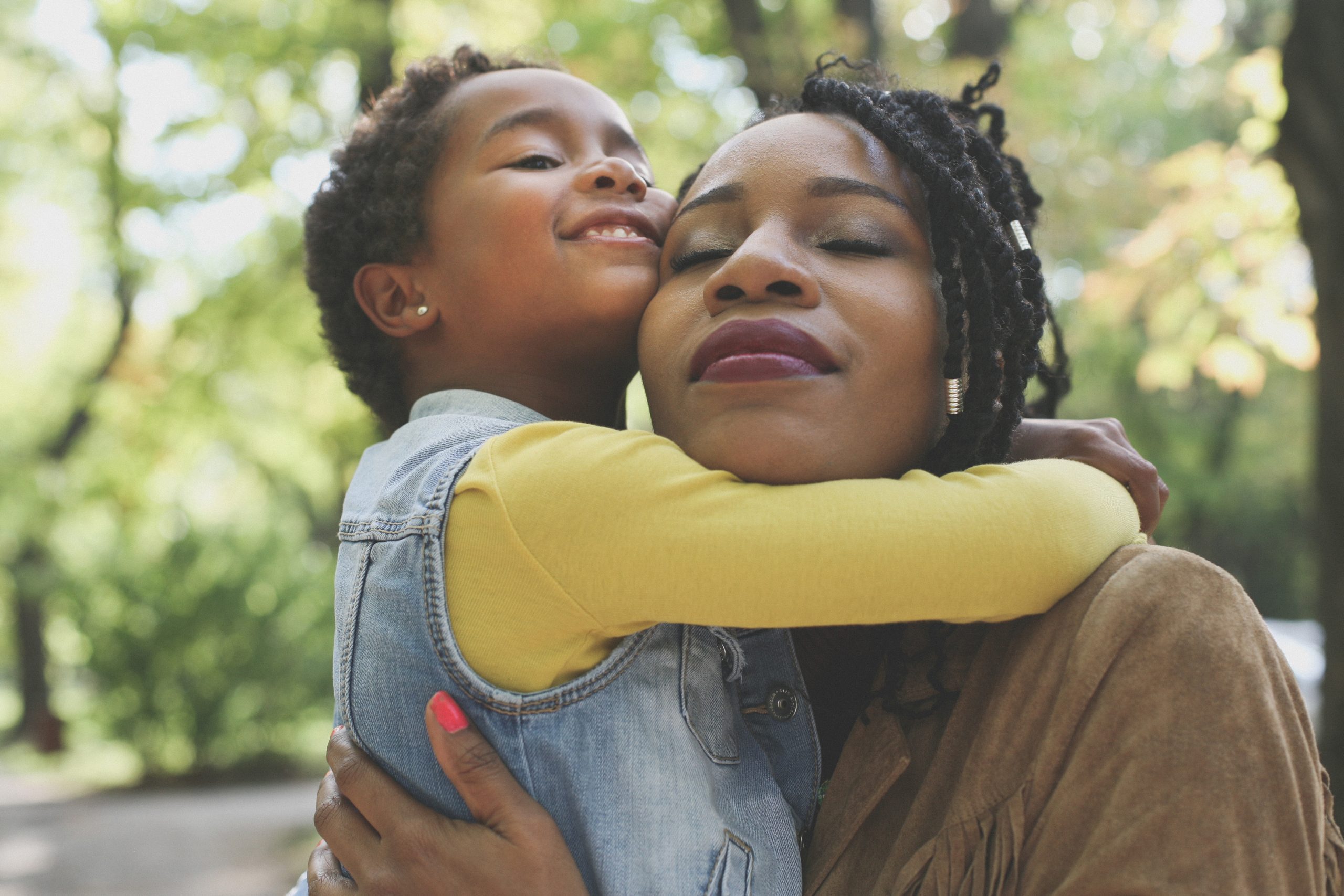Many are quick to tell expectant moms about sleepless nights, baby snuggles, and sweet memories. They throw a baby shower, and a Pinterest-inspired nursery is created. Countless podcasts on motherhood are consumed. Society makes it seem like the perfect birth story is waiting, love at first sight happens, and there will be happiness for all.
Not many talk about the loss of self, depression, anxiety, and overwhelmingness that may also come. Society fails to recognize that women cannot be placed into a box, tied with a pretty bow. Every woman is different. Her experiences are different. Her feelings are different. Not every mother will fall in love with her baby at first sight. Not every mom will only think happy thoughts all the time. Mothers are still human. Grace must be given regarding how each woman grows into motherhood.
Netflix’s The Lost Daughter
Writer and director Maggie Gyllenhaal takes a look at motherhood in The Lost Daughter, adapted from Elena Ferrante’s novel. Olivia Colman and Jessie Buckley both play an older and younger Leda Caruso. Leda isn’t the typical doting mother, and this film zooms in on the choices she makes–some even taboo.
Leda struggles with being a mother from the time her daughters are born. She is an intellectual and finds accomplishment in her work. Her choice to abandon her daughters to pursue her dreams and an extramarital relationship leaves the viewer feeling conflicted. The fantasy of moving away and pursuing dreams is something a lot of moms can relate to. However, going away for a weekend is very different than abandoning one’s husband and children altogether.
Ideally, there should be a healthy balance when it comes to motherhood and loss of self. Each mother will experience becoming a mother differently. Almost all mothers can relate to the weight motherhood creates. Watching Leda pursue her dream may cause some mothers to fantasize and ask themselves “what if…” they chose the same. Would the weight be lifted?
Leda continues to be what society would consider selfish. She chose herself first, even if she wrestled with her inner thoughts regarding her choices as a young mother. While on holiday, Leda fixates on a young mother. The viewer witnesses how Nina and Leda’s experiences in motherhood are parallel.
Unpacking the Issues of Motherhood
There is a lot to unpack in The Lost Daughter and the way mothers are portrayed in the film. While watching, struggling mothers themselves may envy Leda in a way–how she just ups and leaves her family because she feels like she is suffocating. She pursues her dreams at the expense of her family, while not seeming to feel even a tinge of guilt with the choices she makes.
When motherhood feels consuming, feeling suffocated and dreaming about just driving away and leaving everything behind can be appealing, but can cross even the most nurturing mother’s mind–a taboo thought that if said out loud, is shameful. It’s important to note, however, that these thoughts are rarely acted upon. Most mothers don’t just drive away and act upon their obtrusive thoughts. Most mothers, even if they feel lost, still put their children first.
Is There a Healthy Balance for Mothers?
There is nothing wrong with having a healthy balance in motherhood. Modern mothers are able to pursue dreams without abandoning our family in the process. Mothers who are supported by their spouse, families, friends, and even society can be well-equipped to achieve a fulfilling and purposeful life. Society is getting better at acknowledging the daily struggles for mothers and providing resources for ways to get help and feel seen.
Most mothers understand that their thoughts, fantasies, and feelings are not exclusive to just them. Mothers are weighed down by more than just being mothers. The expectations have always been that mothers should be able to do it all. Expectations to have it all. Expectations to achieve it all. But at what cost?
Any time a mother does something that is off the typical beaten path, she is at risk of being shunned and judged as not good enough and not motherly enough. As much grace as mothers give to others, we need to give it to ourselves, too.
Seeking Help
It’s important to note that new mothers are especially at risk for feelings of sadness and unhappiness. The “baby blues” often occur in the postpartum period due to hormonal changes. New moms need extra care and help. New moms must prioritize following up with a doctor regarding their mental state.
Postpartum Depression and/or Anxiety (PPD/A) are mental illnesses that can hit any mother. These mental illnesses can magnify obstructive thoughts, create scary scenarios in a mother’s head, and even prompt mothers to do the unthinkable to themselves or their babies. This type of situation is different than the driving away fantasy; it requires medical intervention.
Any obtrusive thoughts or taboo feelings should always be identified, but not necessarily glorified. The weight of motherhood is heavy, and experiences can be similar, but each mother’s journey will belong to only her. There is nothing wrong with pursuing oneself outside of motherhood, but this should be done with a fine balance that doesn’t leave one’s children completely out of the equation.
Let’s Continue the Conversation
The Lost Daughter prompts important conversations about how our choices as a mother can have a rippling effect that spans a lifetime. Are mothers ever truly not mothers? Even with something as extreme as abandonment, will motherhood still define a woman’s life? In Leda’s case this seems to ring true. Her adult daughters still contact her, and she still talks and thinks of them often.
What about the rest of us mothers? The ones who don’t abandon our children, put them first, and let motherhood fully consume us? We are defined by motherhood, but at what cost? It is normal to feel lost in motherhood occasionally, but we can take action to find our way back to ourselves. Children matter, mothers do too, and with the right support, a woman can be a present mother as well as someone who still chases her dreams.











